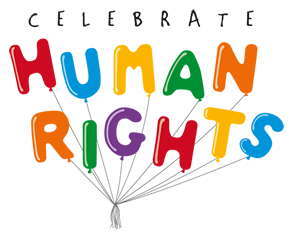President Barack Obama praises troops and announces end of Iraq War (Davis Turner/Getty Images)
Is the Iraqi War Really Over?
I truly understand Pyrrhic victory, and I get that war is complicated—even, and perhaps especially, for the ‘victors.’ Fascinated by mythical conquests such as the Trojan War, for example, it is the very real and modern wars including Viet Nam, Afghanistan and Iraq that leave me with the sense that “war is not the answer.”
I certainly join President Obama and all those who salute the brave men and women who go to war for their countries, their beliefs, and for sure—freedom and justice. But in the case of Iraq and to quote the President are we really leaving behind a “sovereign, stable and self-reliant Iraq.”
In fact, if this war was about ensuring that Iraqis are fed, clothed, healthy, and secure, hundreds of thousands are still in serious jeopardy. If this war was about bringing democracy to the Iraqi people, we haven't even begun that project. If it was about removing Iraq's weapons of mass destruction, we never found any. If it was about reducing the threat of terrorism, we arguably have made things worse. If it was about stabilizing the region, well—you get my drift.
Clearly there were strategic interests in toppling Hussein, but I'm not convinced that those interests outweighed the costs to this nation. Nearly 4,500 Americans died in the Iraq war; countless more are injured and maimed. And the cost in dollars—estimates range from hundreds of billions to at least a trillion dollars.
Yes, I do understand the meaning of Pyrrhic victory.





